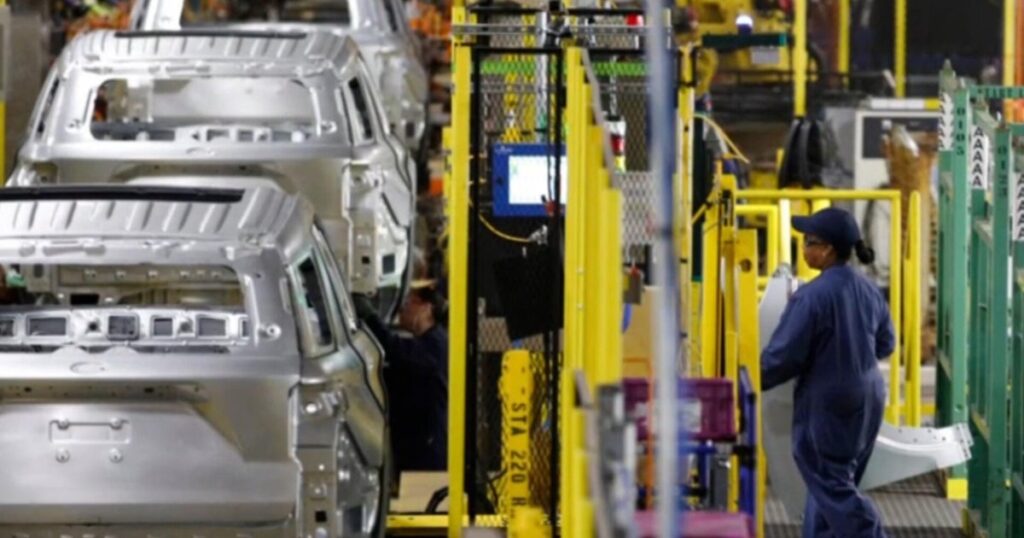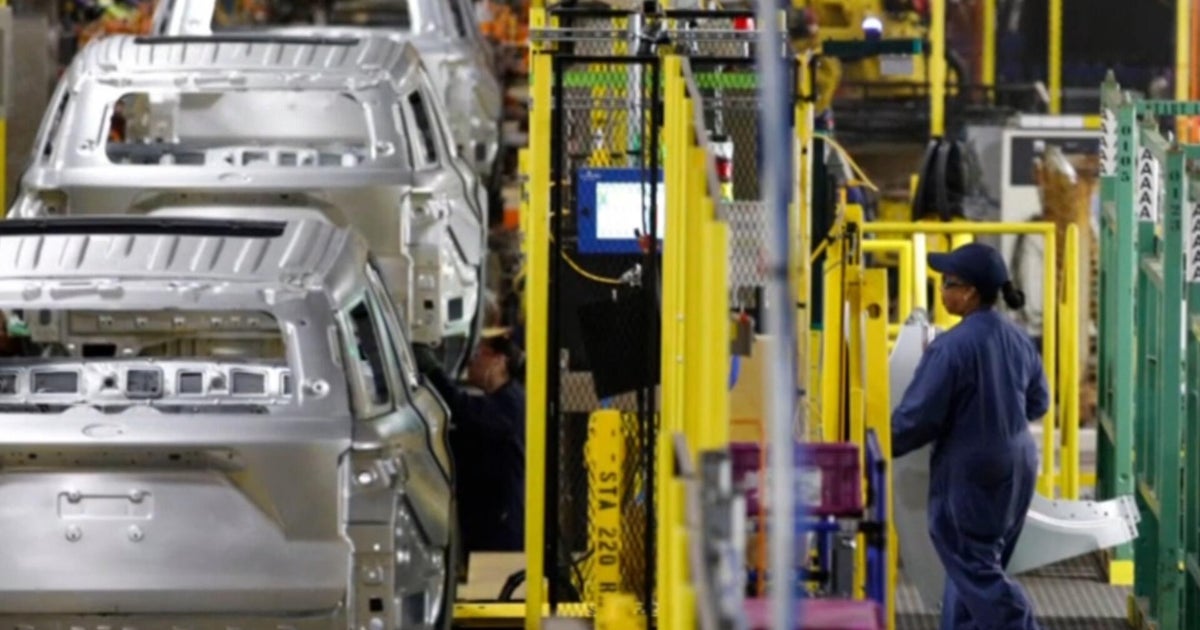What to know about Trump's changes to auto tariffs
What to know about Trump's changes to auto tariffs

President Trump was outside of Detroit to mark 100 days in office and touted his plan to give relief to the crucial American car industry from some of the tariffs that are expected to increase prices on production. Kelly O’Grady explains.
Read the full article on CBS Politics
Truth Analysis
Analysis Summary:
The CBS Politics article is mostly accurate, focusing on Trump's plans to adjust auto tariffs. The article presents a slightly positive view of Trump's actions, framing them as "relief" for the auto industry, which introduces a degree of bias. Most claims are supported by the provided sources, although the specific impact and effectiveness of the tariffs are not fully explored, leading to some omissions.
Detailed Analysis:
- Claim:** President Trump was outside of Detroit to mark 100 days in office and touted his plan to give relief to the crucial American car industry from some of the tariffs that are expected to increase prices on production.
- Verification Source #1: Does not cover the location or the 100-day mark but confirms Trump's actions regarding auto tariffs.
- Verification Source #2: Supports the claim that tariffs lead to production changes and price fluctuations.
- Verification Source #3: Supports the claim that Trump imposed tariffs on cars globally.
- Verification Source #4: Supports the claim that Trump took tariff actions.
- Verification Source #5: Supports the claim that Trump signaled a possible delay to auto tariffs.
- Claim:** Tariffs are expected to increase prices on production.
- Verification Source #2: Supports this claim, stating that automakers are making moves to deal with the new taxes, from production changes to price fluctuations.
- Verification Source #3: Implies this by discussing the impact of tariffs on the global economy.
Supporting Evidence/Contradictions:
- Verification Source #1: "Trump signed a proclamation invoking Section 232 of the Trade Expansion Act of 1962 to impose a 25% tariff on imports of automobiles and certain…" This supports the claim that Trump implemented auto tariffs.
- Verification Source #2: "Domestic and foreign car companies are making moves to deal with the new taxes, from production changes to price fluctuations." This supports the claim that tariffs lead to price fluctuations and production changes.
- Verification Source #3: "Cars. Global · 10%." This supports the claim that tariffs were imposed on cars globally.
- Verification Source #4: "Beijing responded with its own retaliatory tariffs on U.S. products ranging from fruit to automotive imports." This supports the claim that Trump took tariff actions.
- Verification Source #5: "Trump has signaled a possible delay to auto tariffs, adding to market relief after suspending levies on some consumer tech, even as he insists these tariffs…" This supports the claim that Trump signaled a possible delay to auto tariffs.
- There are no direct contradictions between the article and the provided sources. However, the article's framing of the tariffs as "relief" is a potentially biased interpretation, as the economic effects of tariffs are complex and can be both positive and negative.

